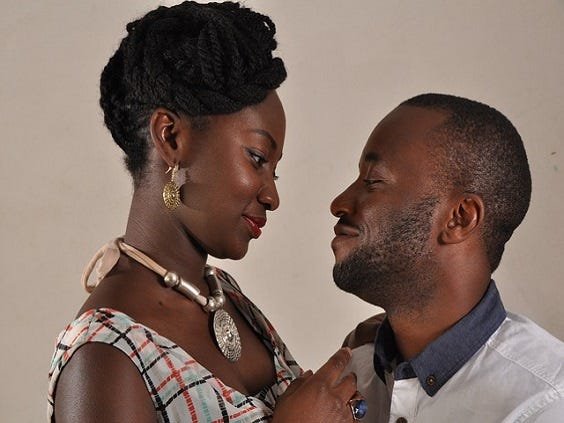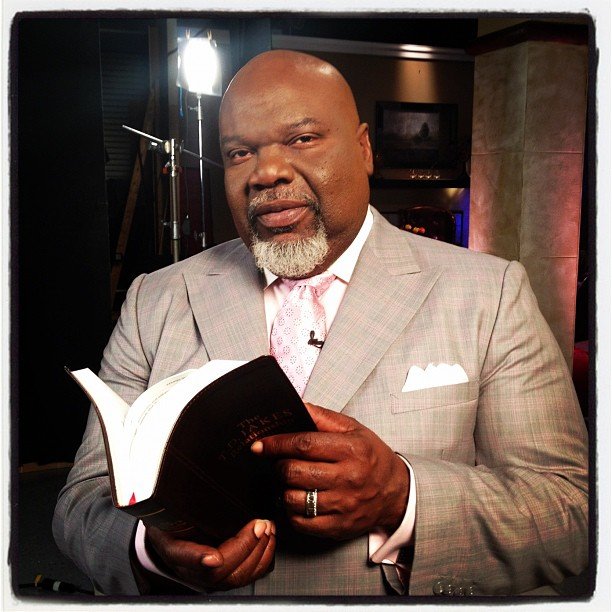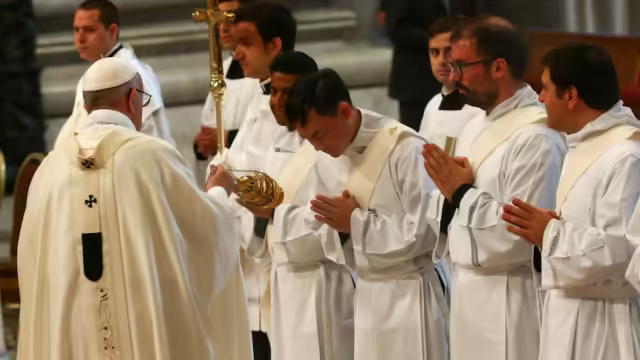Syrian Christians Express Anxiety Over New Regime’s Changes

For years, “Maria” (a pseudonym) lived a predictable life as a Christian government employee in Damascus, Syria. Her work attire was Western business-casual, and greetings at the office were simple, such as the Arabic “sabah al-khayr” (“good morning”). However, the recent takeover by a coalition of rebel forces—some linked to jihadist groups—has brought uncertainty to her daily life.
Maria’s new department head now requires all staff to use “salamu alaykum” (“peace be upon you”), a greeting common among practicing Muslims. This shift, though subtle, leaves Maria questioning what changes may follow—such as a potential mandate for her to wear a hijab.
While the new regime assures Christians of their safety, signs of underlying tensions persist. In the Christian-majority town of Suqaylabiyah, radicals burned a Christmas tree days before the holiday. Although the authorities promised to replace the tree, the act unnerved the local Christian population.
In Damascus, Bab Sharqi’s Christian residents displayed neon “Merry Christmas” signs and Christmas trees along the historic “street called Straight” (Acts 9:11). However, disturbed by the arson incident, many Christians gathered on Christmas Eve, carrying crucifixes and Syrian flags while demanding their rights.
Pastor “Bassem,” an evangelical leader in Aleppo, observed with concern as rebels entered a church in Latakia, assuring congregants of good treatment. While Islamic law historically recognizes Christians and Jews as “people of the book,” Bassem worries that declarations of tolerance may mask a deeper sense of religious superiority.
The international community remains watchful. The U.S. recently lifted a $10 million bounty on Ahmed al-Sharaa, the new leader linked to al-Qaeda, but maintained economic sanctions on Syria as developments unfold.
For Syrian Christians, the future remains uncertain as they navigate life under the new regime, balancing hope for tolerance with fears of further restrictions.









